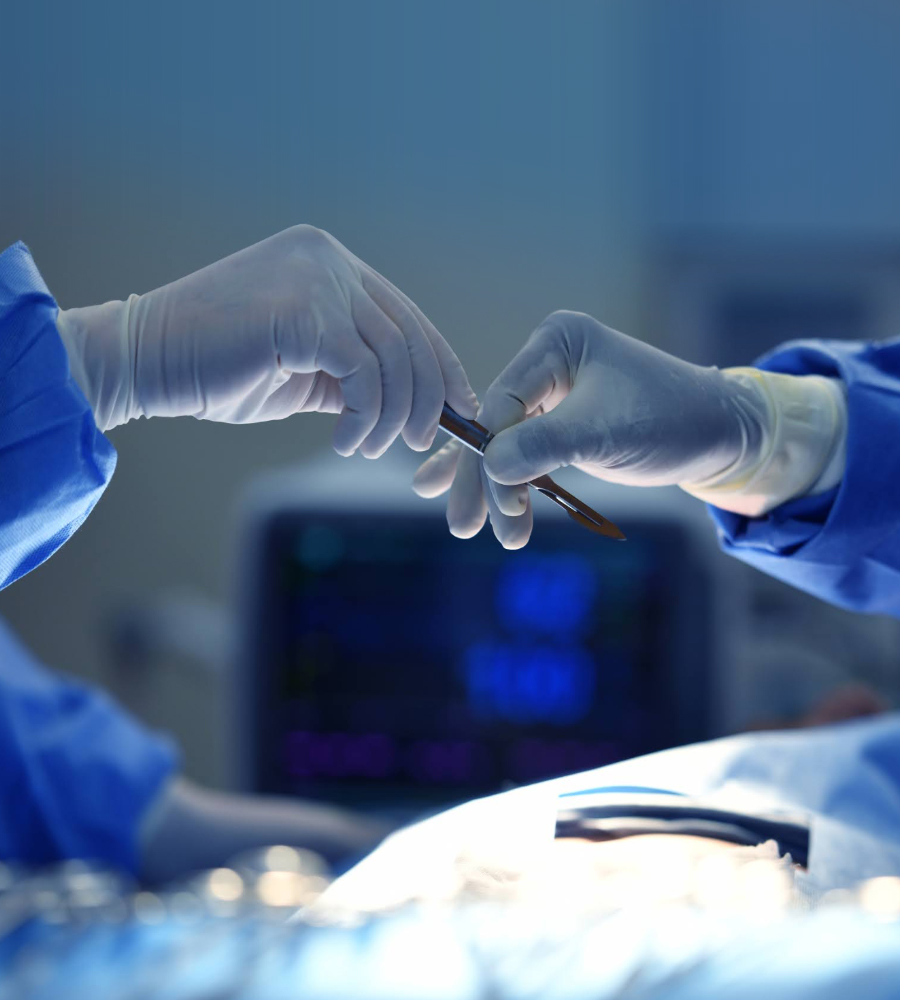

During regular day-to-day operations, back pain can require surgery. A laminectomy is a form of procedure where a surgeon extracts part or more (lamina) vertebrae of the spinal cord or nerve root that may be caused by fracture, hernia, spinal stenosis, or tumors. Only after therapies have proved ineffectual, a laminectomy is considered.
The CT scan, radiation, MRI, electromyogram ( EMG), and myelograms can be used to detect back disorders. The pain in the back can range from normal, uncomfortable, irritating to chronic, serious, and disabled pain. The pain in the lower back will prohibit you from moving and interfere with your everyday life. Laminectomy may be necessary for spinal nerve pressure relief, a disc issue treatment, or the removal of a tumor from the backbone.
A herniated disc in the spine is a typical cause of a laminectomy. A disc may be relocated or weakened due to wear and tear or injuries. This causes pain and occasionally engulfment or fatigue as the disc pulls on the spinal nerves. In the body part where the nerve is involved, mostly the arms or legs, the numbness or fatigue is felt. Sciatica is the most frequent symptom of a herniated disc. Sciatica is a strong shot in the sciatic nerve, moving down the back of the leg and heading from the buttocks to the thigh.

Typically, laminectomy includes a hospital stay. Procedures can differ according to your condition and the procedures of your doctor.
A laminectomy is possible under general anesthesia and during spinal anesthesia. You will be awake. You won’t feel from the waist when spinal anesthesia is used. There are new therapies that can make an ambulatory laminectomy under local anesthesia. This will be addressed in advance with the psychiatrist.
This procedure normally includes a laminectomy:
The surgeon will take any of the discs and/or bone over the nerve roots during an operation called a discectomy, which presses the nerve root to relieve discomfort, normally the pain induced by leg pain from a herniated disc in the back. This operation is usually conducted on an ambulatory basis, with an incision of one inch in the center of the back below.
B.P Poddar Hospital in Kolkata, India has state-of-the-art, state-of-the-art postal technology. Advanced technologies complement our team of neurosurgeries for their nuanced and inexpensive Neurosurgery. Postal charges at B.P Poddar Hospital are among the lowest relative to the other centers in the city of Kolkata, India.